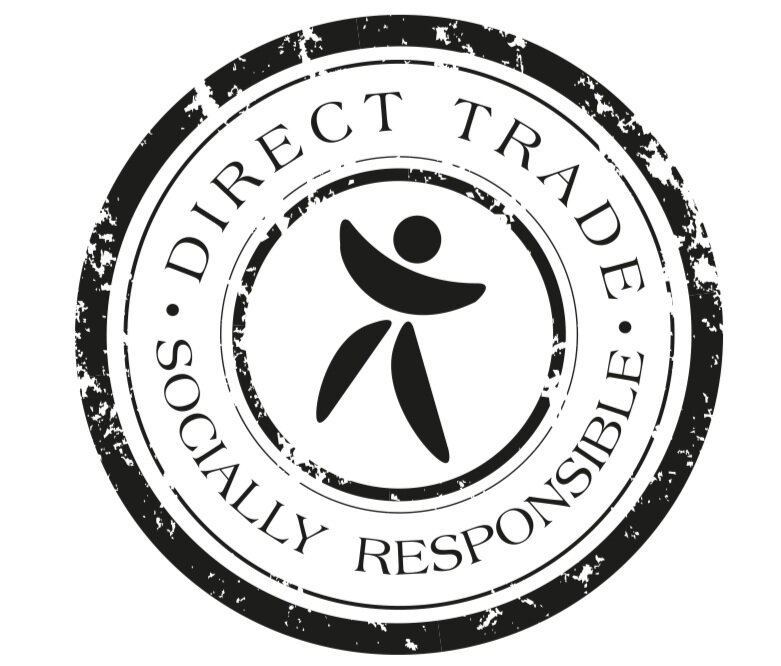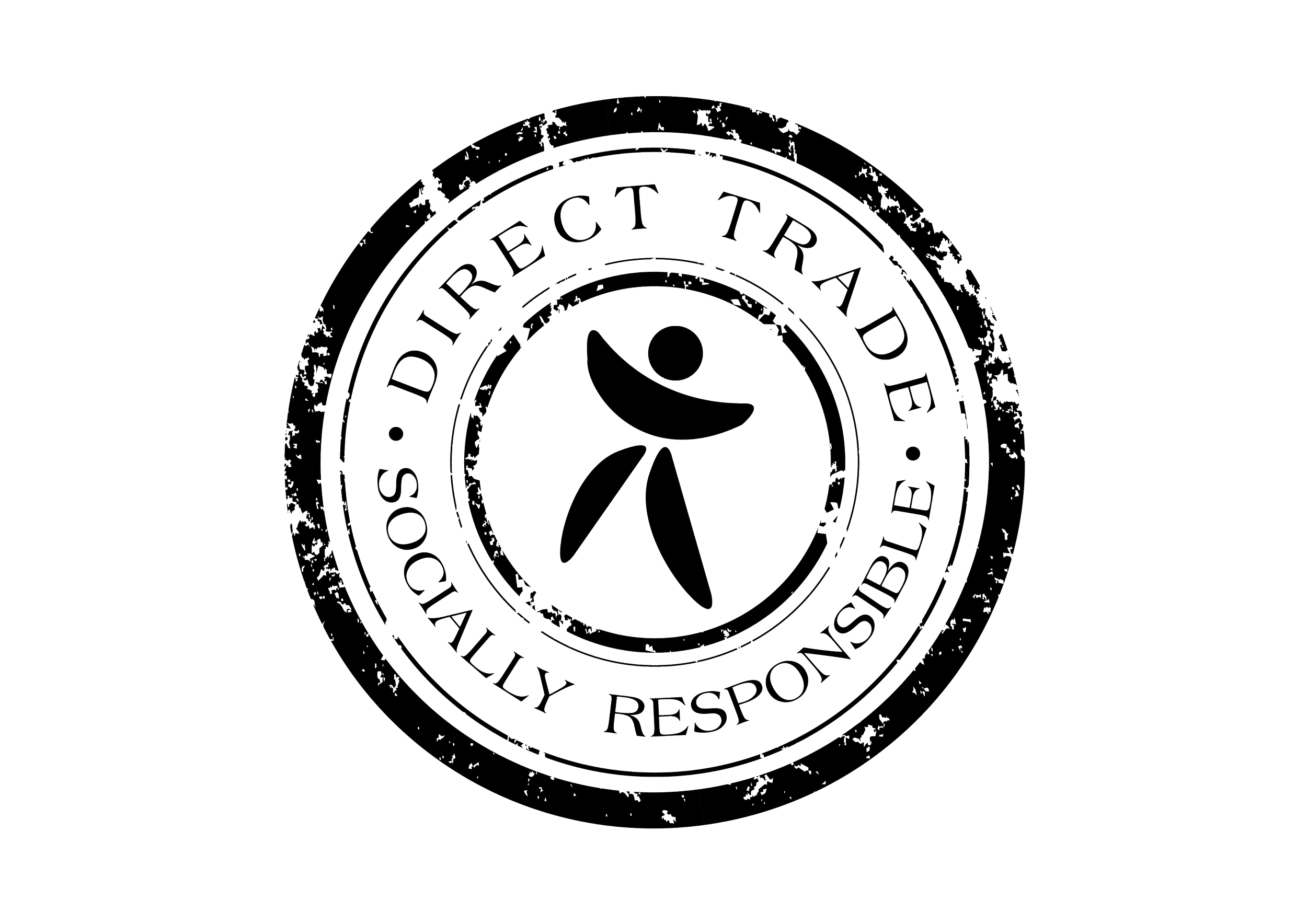Organic Agriculture Improving Bee's Health
/Everyday, the tendency for better ways of growing and producing food in sustainable and heathy ways gain more impact in our lives. Changing the way we deal with nature is the solution of many of the today's environmental problems, like deforestation, contamination and food producing. For this last one, pollinators such as the bee are necessary for the production of three quarters of all food crops. Organic farming can be a solution for increasing the bee's population that has dropped a third since 2006 , by being more eco friendly than traditional farms.
Organic farming can efficiently reduce the impact on the lives of these insects by changing traditional faming methods into more eco-friendly ones, like turning down on the use of toxic chemicals and implementing techniques that support landscape biodiversity. These methods can contribute to restore the natural habitat and ecosystem of pollinators to increase their population.
"By introducing plant heterogeneity into farming systems by way of crop rotations, hedge row planting, and by fostering native plant diversity within and around farmland, any farm can combat pollinator malnutrition and habitat degradation. Additionally, the incorporation of integrated pest management techniques that encourage beneficial pest predators can help conventional farmers reduce the quantity of chemical pesticides used and, in turn, the level of bee exposure to pesticides" (Miciewicks & Shade, 2015) Read Full Report
Caring about the bee's is caring about the future generations. It is time that we begin taking care of nature by abandoning harming traditional methods for organic, eco-friendly ones that will support biodiversity and sustainable growth.
Miciewicks,T & Shade, J. (2015). Critical Issue Report: The Role of Organic in Supporting Pollinator Health. The Organic Center. Taken from the web on Jan, 2016. https://www.organic-center.org/wp-content/uploads/2015/06/The-Role-of-Organic-in-Supporting-Pollinator-Health.pdf

